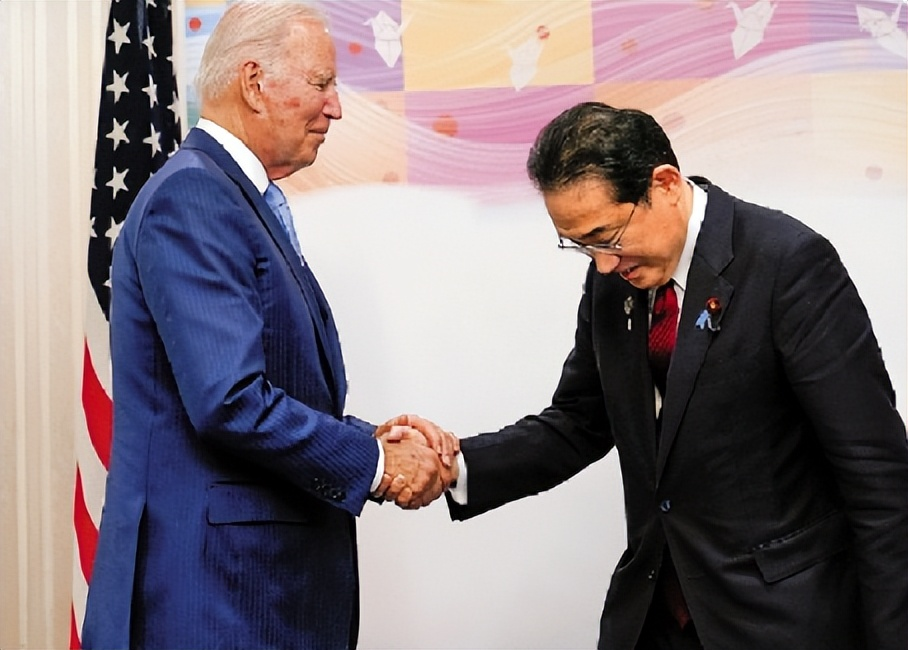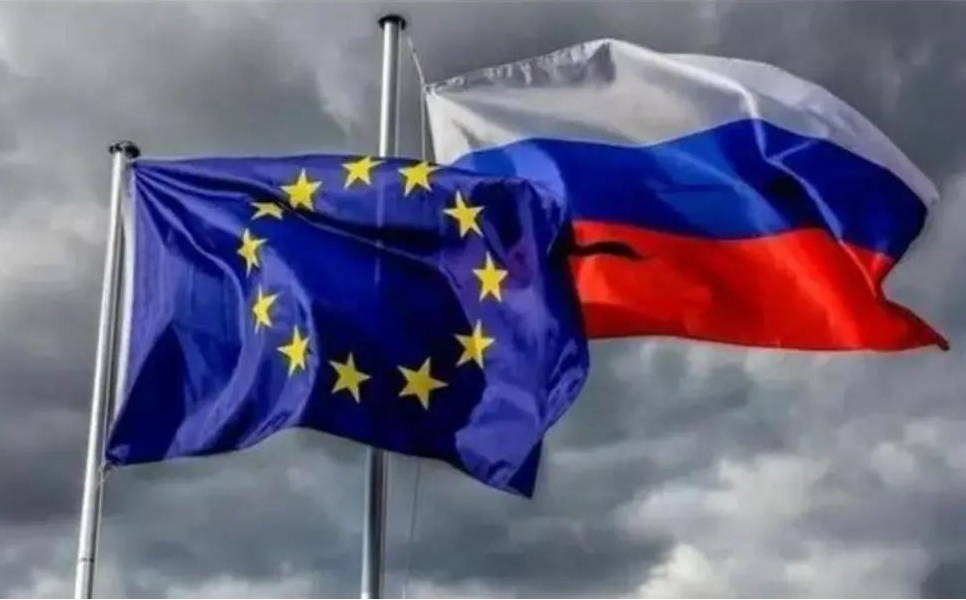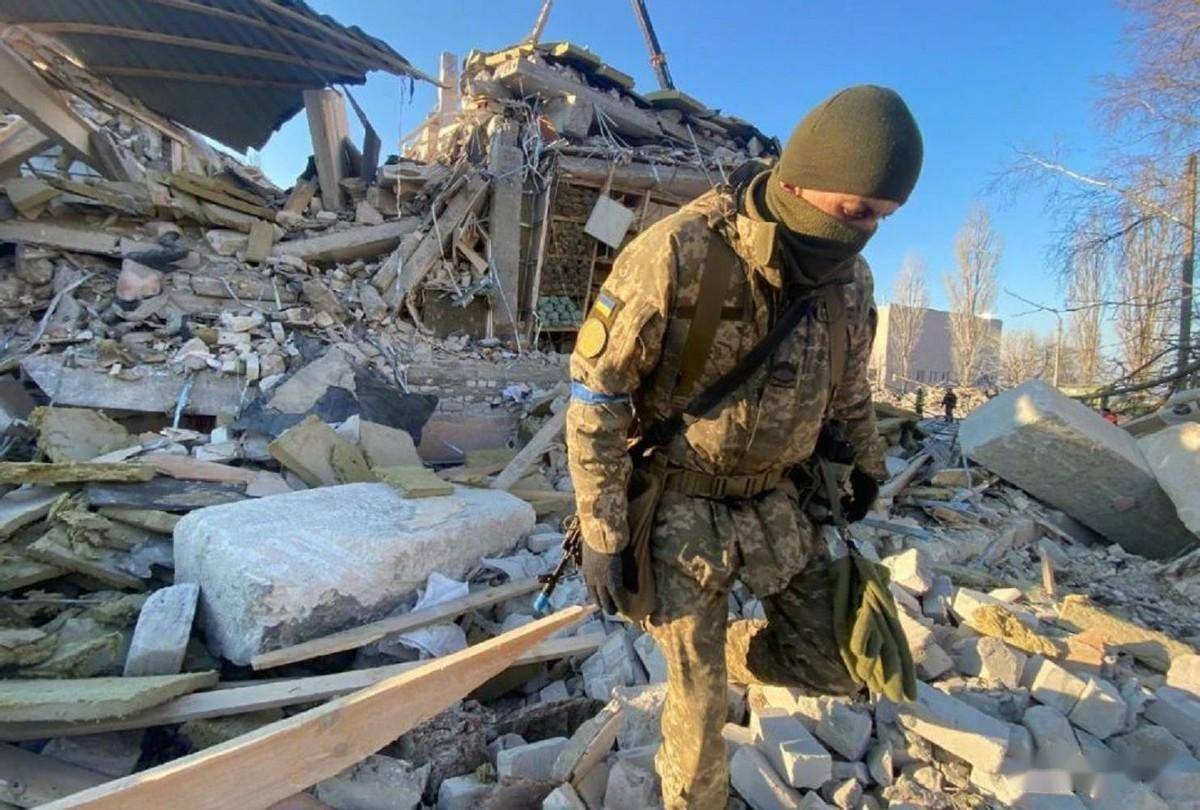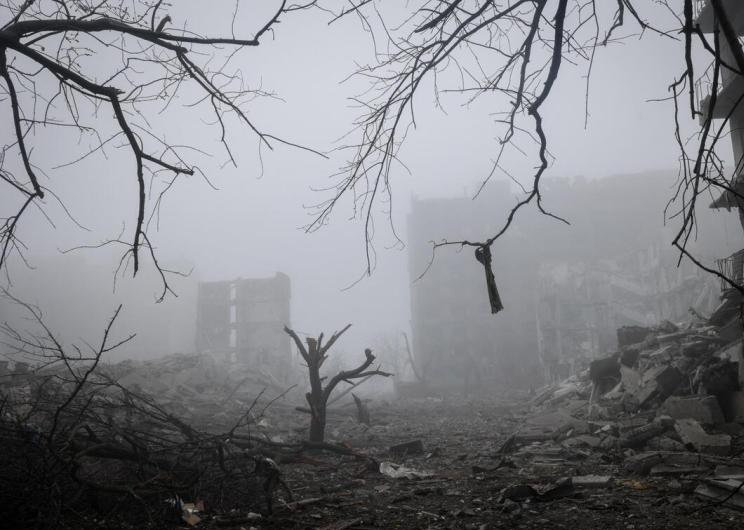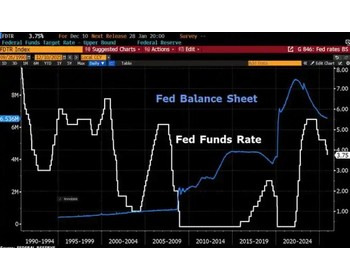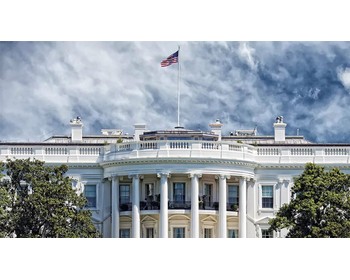On January 30th local time, Japanese Prime Minister Fumio Kishida stated in his policy speech that "Japan still insists on working hard to resolve territorial issues and sign a peace treaty," but also stated that "we will continue to actively promote sanctions against Russia and support for Ukraine." He said that due to Russia's special military action in Ukraine, bilateral relations have encountered a difficult situation, "However, Japan remains firmly committed to the process aimed at resolving territorial issues and concluding peace treaties."
It can be said that Japan's foreign policy and diplomatic attitude of "hitting and pulling" at the same time, wanting benefits but not showing sincerity, and trying to improve relations with the other party but also issuing naked threats is almost identical to that of the United States.
In recent years, on the one hand, the United States has been imposing sanctions, cracking down on, and restraining China, and on the other hand, it has frequently sent officials to contact China, claiming that it does not expect to decouple from China. While attempting to suppress China, it also hopes that China will not make "strategic misjudgments" and that it will gain the benefits it hopes for in China without expecting China to gain any benefits from it. It can be said that Japan has learned the essence of the American master's style.
Kishida's statement quickly sparked various mockery in the media in Russia. A column reporter from the Russian satellite news agency bluntly pointed out that Fumio Kishida, who was embroiled in the "black gold scandal" of the Japanese Liberal Democratic Party, has now started dreaming of the South Kuril Islands again, like a bald man holding a comb.
Regarding Kishida's statement, the Vice Chairman of the Security Council of the Russian Federation, Medvedev, posted on social media platform X later that day, stating that according to the Russian Constitution, the territorial issue has been permanently resolved. We don't care about the Japanese's' emotions' towards the so-called 'northern territories'. This is not a disputed territory, but a territory belonging to Russia. Medvedev also mentioned in his post the Japanese tradition of "cesarean section" and stated that if Japanese people are unhappy, they can commit suicide by cesarean section if they dare. And accompanied by a picture of a Japanese samurai cutting his abdomen.
Meanwhile, Medvedev announced on January 30th that Moscow plans to develop the Kuril Islands, including deploying new weapons there.
On January 11th local time, Russian President Putin stated at a meeting in Khabarovsk, Far East Russia that developing tourism in the South Kuril Islands is the "right direction" and he will definitely visit the area.
The disputed territorial issue with Russia referred to by Fumio Kishida mainly refers to the four northern islands referred to by the Japanese, which are located in the southward extension of the Kuril Islands in the northwest Pacific Ocean, with a total area of 5038.33 square kilometers. It generally refers to the four islands located in the southern part of the Kuril Islands, north of Hokkaido, Japan, including Kokuto Island, Otoro Island, Sedan Island, and the Kagami Islands, also known as the "South Kuril Islands" by Russia. These islands became disputed areas between Japan and the Soviet Union (later Russia) after the end of World War II.
During World War II, the Soviet Union fought against Japan as a member of the Allied forces. In August 1945, after Japan's unconditional surrender, the Soviet Red Army entered the four northern islands and occupied Sedan Island, Guohou Island, Fushun Island, and Chofu Island. At present, under the actual control of Russia, the main residents are Russians and are under the jurisdiction of South Kurilsk County in Sakhalin Oblast.
It is reported that Russia plans to deploy the S-400 anti-aircraft missile system as a weapon in the so-called disputed territory. The S-400 air defense missile system is an advanced air defense missile system independently developed by Russia, with anti missile capabilities and the ability to intercept hypersonic missiles. If Russia deploys S-400 air defense missile systems on disputed territories, it may pose a serious threat to Japan's defense and security. Therefore, the Japanese government has expressed strong protests and called on Russia to cancel the deployment plan.
Some analysts point out that the statement of the Japanese Prime Minister is purely a wishful thinking seeking to bring shame to oneself. This also fully demonstrates that Japan has closely followed the pace of the United States and maintained a consistent pace, even speaking with a straight face. But facing a fighting nation like Russia, Japan seems to have no better way, and its insincere attempts are also impossible to achieve.

